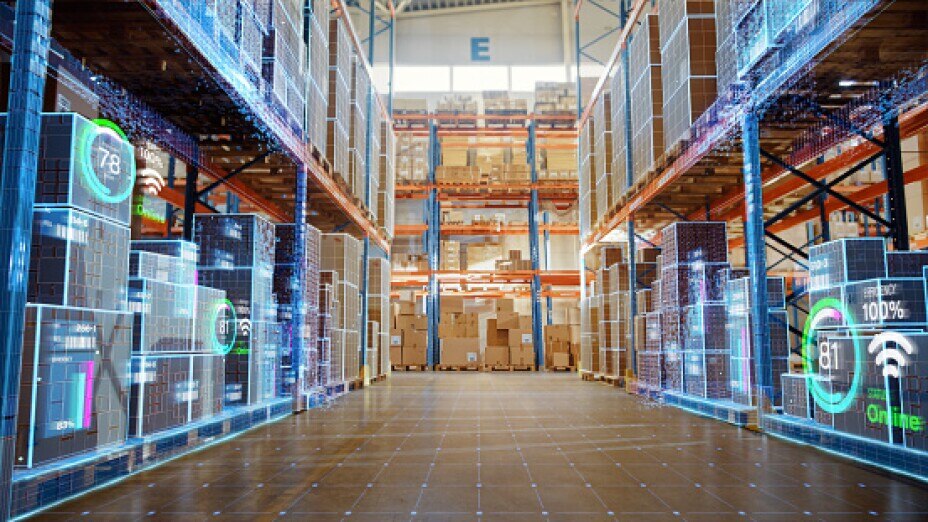Guest Blog by Marcus Davis, CEO of Integrella
In the retail industry specifically, we’re finding that there is more urgency than ever for companies to transform – and become as agile as possible in terms of their IT and integration.
A major focus of digital transformation in the retail industry is on customer experience. Brands like Uber have reshaped the way consumers interact with brands, providing an affordable product / service in real time, and retailers need to be agile and flexible, or consumers will go elsewhere.
To compete in this modern and demanding economy, retailers will have to embrace:
- The convergence of digital and physical
- Point of Sale as the hub – now it’s possible to track product inventory, price, margin, and stock value with real-time reporting and analytics from in the store
- Richer customer experience
- Personalisation through blending digital and physical
- The rise of the omni-organisation
- The seamless multichannel experience
These imperatives are being underpinned by some illustrative stats:
- The growth of online shopping
UK retailing has the highest proportion of online retail sales, so what happens here is being closely watched by foreign observers as Britain becomes a test bed for retail innovation. In its report “Retail Futures 2022,” Forum for the Future forecast that by 2018 -
- Total store numbers will fall by 22% to 220,000
- The share of online retail sales will rise to 21.5%
- The High Street will continue to suffer: around 41% of town centres will lose 27,638 stores in the next five years
- Increased complexity in retail systems
Some of the most successful retailers have outsourced secondary distribution (warehouse to store) to third-party logistics providers. Yet the best retailers do not surrender control or oversight of warehouse and transport operations. This capability relies on agile, integrated systems.
- The Rise of protectionist policies
There is a looming tide against globalism and toward protectionist policies. The United States is pushing to renegotiate longstanding treaties such as NAFTA, while Brexit in the United Kingdom stands to unravel and redefine many trade agreements. This has real and serious implications for online and retail shopping, including currency fluctuations and economic volatility – which could lead to big gains for UK ecommerce providers.
- Retailers will need to re-assess / reconfigure their supply chains / factories / automation
- Changes in regulations, consumer law and employment law
- Product standards and policy regulation
- Unemployment / migration affects retail operations
- Retail post-Brexit will have to be more agile, more digital, capital-intensive and more responsive to change.
- Digital transformation, integration and APIs
Application Programme Interfaces (APIs) are increasingly becoming a key component of retailer’s digital transformation strategies to help them meet these future challenges. Having a robust API programme will rely on well-integrated systems and a ESB or SOA solution to pull all the disparate systems together. Once APIs are created and exposed, API consumption, management and monetisation are the next steps.
APIs are increasingly being seen as a way to reach new customers and create new revenue streams. It helps companies to participate in this convergence of the digital and physical, and will help provide a seamless multichannel experience and enhanced customer service.
We have seen many companies attempt to set up these systems to support their integration and APIs, spending a lot of time and money and still not finding success. We believe it is essential to get the right help, early on. In our view, it is important to view integration and APIs as a journey rather than a destination. This way of viewing your systems takes a long-term approach, and happens over years. Get in touch with us if you’d like to discuss your options in this space: www.integrella.com






























